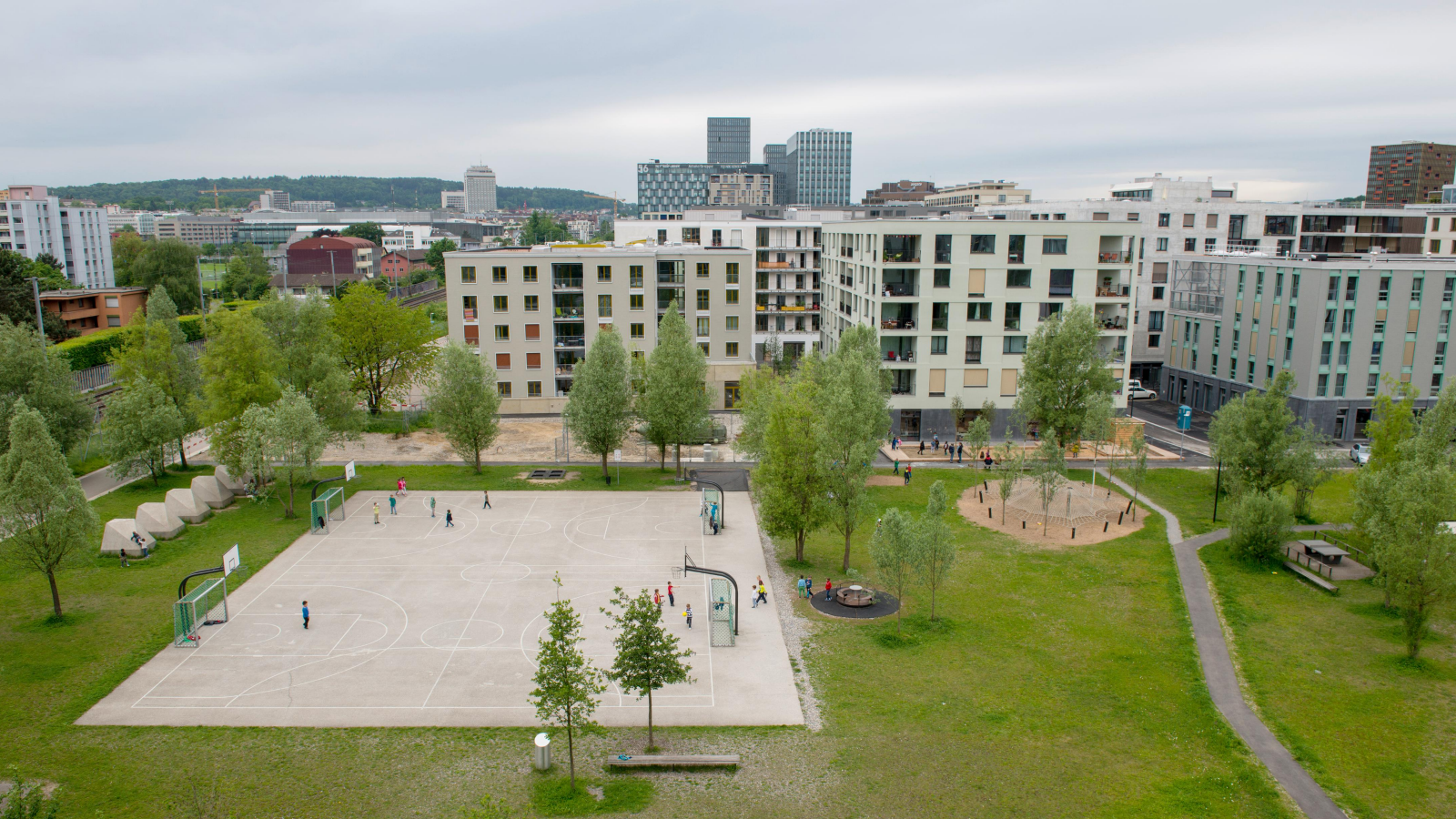
Housing affordability is an ongoing problem in Aotearoa New Zealand.
Housing is an asset that is predominantly unit-titled, individualised dwellings, whether the housing is owner-occupied or a rental investment. As housing increases in density, the provision and management of common space becomes necessary. In Aotearoa New Zealand, when this occurs, the extent of privately-owned housing is typically privileged and shared common space minimised.
In contrast, cooperative housing, as a model, integrates housing, economic factors and the broader social context to create long-term socially and economically sustainable housing.
Since the 19th century, cooperative housing projects have provided evidence of long-term, self-help, community-generated housing with shared components. Cooperatives as a type of housing have been internationally recognised as a cultural treasure by UNESCO World Heritage for contributions to long-term affordable and socially focused housing provision.
Cooperative housing offers a third way for achieving affordable housing security, one that lies between home ownership and rental models. Legislatively mandated cooperative housing design that facilitates and protects occupants’ ongoing tenure is precisely what is needed in Aotearoa New Zealand. It would augment our existing housing production systems and types and would help address the need for enduring, better quality, affordable and socially sustainable housing.
A bold new vision is required if everyone in Aotearoa New Zealand is to have access to inclusive and affordable housing in the medium-term. If given the necessary social and financial infrastructure and support, housing cooperatives have serious, practical potential for providing secure and affordable housing.
Comparison with international cooperative housing sectors suggests that 10 percent of Aotearoa New Zealand’s affordable housing, and up to 5 percent of all our housing, could be cooperative. Cooperative housing utilises the strength of collectives to access, prioritise and protect the right to occupy and maintain an affordable home indefinitely.
In cooperative housing, increases in capital value are a controlled part of a more diverse, inclusive and accessible housing type. This is due to cooperatives’ social and financial structures and design, creating a legacy of affordable housing to negate the escalation of property prices. Long-term financial advantages for individuals, neighbourhoods and societies come from the procurement of collective services within cooperatives, the length of time living in one, and the deep relationships with place and community that result.
Cooperatives may also be legally structured to reinvest their surplus ongoing income, which becomes available after their first financial cycle, as equity to seed additional housing cooperatives.
Imagine a future where workers or neighbourhood residents elect to set up cooperative housing together to stabilise their future housing and financial prospects. They use clear, simple resource kits and process pathways as a means to advance their vision.
Central and local governments and philanthropic organisations offer low-interest and deferred-payment loans to facilitate cooperatives. Individuals and organisations want to be foundation cooperative supporters, secure in the knowledge they are creating an enduring community and a legacy of quality affordable housing, free of speculation. They would value helping create a stable, affordable housing base for employees, colleagues, neighbours and friends.
Imagine legislative support for marae-based cooperative housing projects with similar forms of common stewardship to those already occurring with Māori land and with ongoing resident occupation rights transferable to whānau. Or a major cooperative housing project in Queenstown or Auckland could create an enduring supply of affordable accommodation for middle- and lower-income workers.
The vision for an Aotearoa New Zealand cooperative housing sector offered here seeks to augment ownership and rental housing models, not replace them. It is not an out-of-reach dream, it is an internationally recognised, culturally treasured reality that has proven its value for well over 150 years.
This alternative to the market is a bottom-up, self-help model for people with housing needs who, together, set up housing cooperatives facilitated through supportive partnerships. Targeted ongoing research, education, funding and political initiatives are needed to support these emerging cooperative communities.
Aotearoa New Zealand’s specific cooperative housing legislation, if achieved, would support and protect members’ rights and responsibilities, their not-for-profit status, and the security of cooperative housing investment, and create an environment conducive to the formation of exemplar projects. Once realised, these highly visible exemplars would provide working models - places members of the public could visit and experience first-hand the tangible benefits of cooperative housing - shifting public perception on this model and highlighting its relevance.
This vision for Aotearoa New Zealand housing cooperatives is both present- and future-focused, and calls for cooperatives to pay it forward and reinvest in new housing cooperatives as their first-generation loans are retired, creating an expanding legacy of affordable housing.
Over a 25-year period, the vision of a viable, community-driven, third-way housing sector would be achieved and become for many a preferable option to owning or renting a home. Imagine if our cooperative housing projects could receive UNESCO world heritage status as an Aotearoa New Zealand cultural treasure ... our very own housing taonga.
This is an extract from a longer article in the latest, special housing-themed issue of sociology journal Counterfutures, which is available from good bookstores and online. The issue will be launched by Green Party co-leader Marama Davidson at Parliament on Wednesday, August 5, when Mark Southcombe will be talking along with fellow contributor Jade Kake. Registration essential.
Read the original article at Newsroom.
